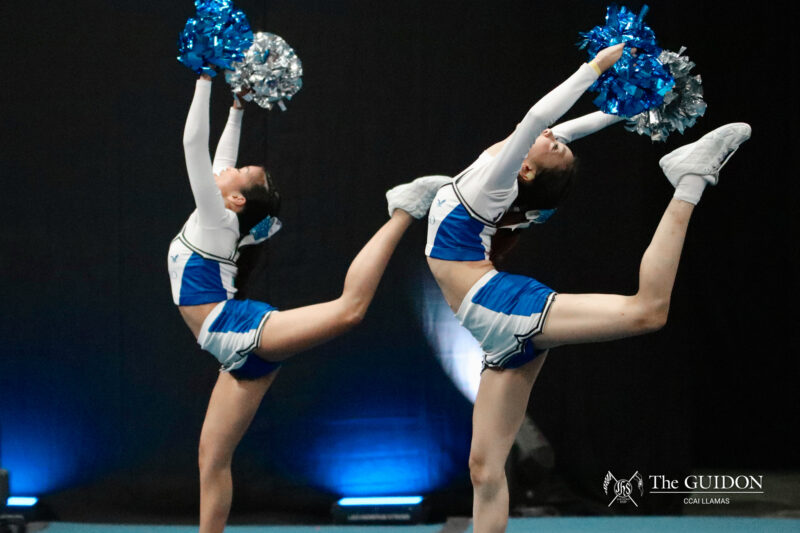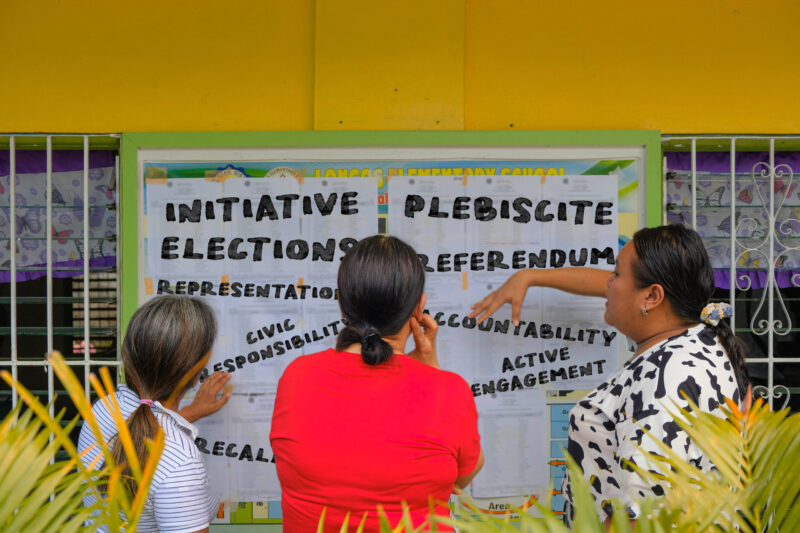After careful deliberation by the DepEd, chess is now part of the school curriculum for both public and private schools during primary and secondary education. This is not the first time authorities on the sport have lobbied for its inclusion, and as such, its approval already seems late by years.
The sport now becomes a part of Edukasyon sa Pagpapalakas ng Katawan subject among students in Grades 3 to 6 as well as high school Physical Education classes of those in high school, according to the latest memo printed in the Philippine Daily Inquirer.
The implications of integrating chess into a grade school student’s academic life are viewed as a benefit rather than a hindrance. Lapus said that chess is one of the sports that “help build memory skills, concentration, self-confidence, self-esteem and in making disciplined decisions.” Of course, any sport can promise that, so what makes chess any different?
The deciding factors may be narrowed down to two: cost and space. First, chess is a very cost-friendly sport, owing to the fact that the pieces do not need to be constantly changed unless they are misplaced. This means that buying chess boards by the bulk is able to cater to more students, both now and in future batches, than, say, buying the same number of volleyballs, which will only end up getting worn down and being disposed of when they can no longer be used.
Second, chess requires very little space. Let’s be realistic. In public schools, there is not much space one can really be able to work around with. There is no point in buying basketball equipment if the school is not lucky enough to have a single court on campus. But with chess, anything goes. There is no difference if the game is played in an air-conditioned room or on the floor along the corridors of the halls. Chess whisks the players away from such distractions and leaves them in a battle only between each other.
In fact, students should not only be taught the sport, they should be allowed to practice it during their free times. DepEd can, and should, go further. Interschool tournaments must be further promoted if this action is supposed to create a greater buzz. Set incentives. Raise the standards. Provide scholarships. With the right moves, chess should rise from its state of anonymity with the general public.
Although Lapus’ short-term goals do not include cradling the future grandmasters, it should be one of the goals. Instituting chess in streamline fashion across the archipelago must be seen as a means, not an end. Looking at the bigger picture, there could be more practical reasons to instill this board game at such a young age.
Is the Philippines ready to build its hopes around a future Gary Kasparov? Maybe not, but at least, they have moved away from the gray areas of uncertainty and into the thrill of black and white.
fpua@theguidon.com






